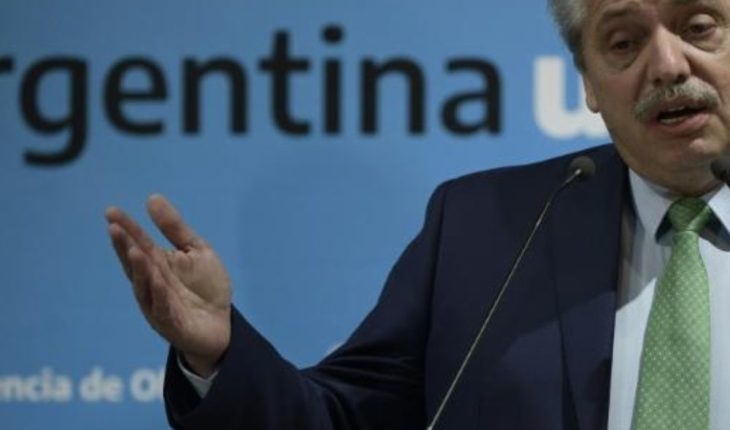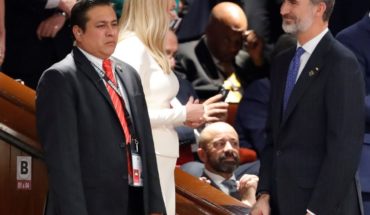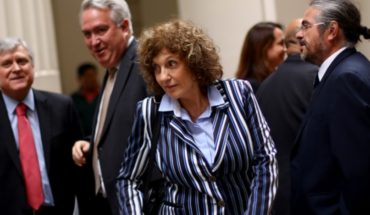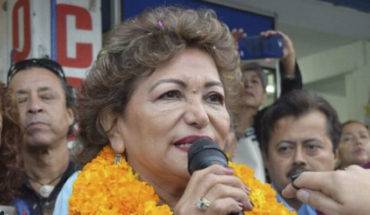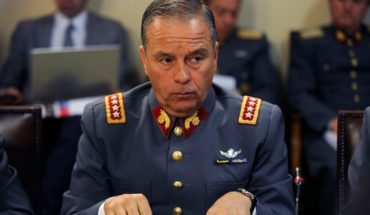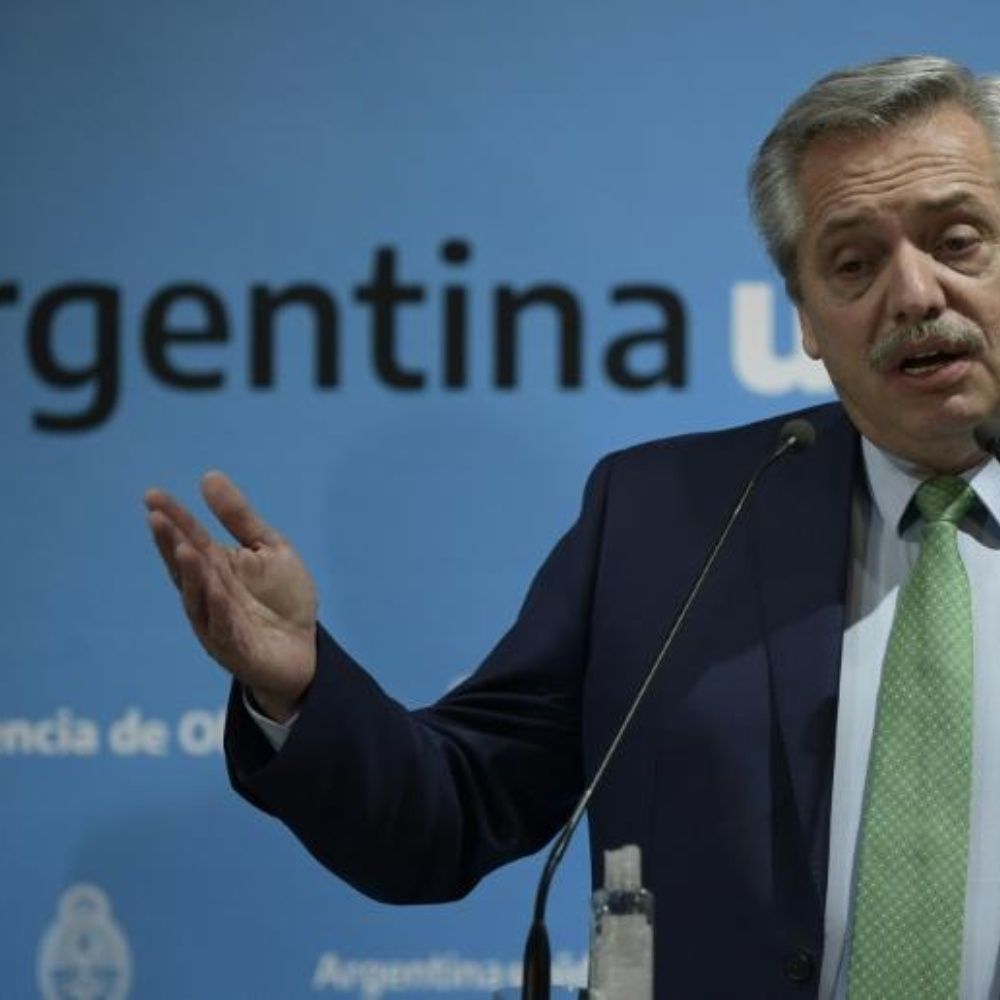
Buenos Aires.- No one would want a default from Argentina if no debt interest would be paid on Friday, but if that happened Alberto Fernández’s government could continue, albeit with more pressure, trading for a $66 billion bond swap. Fernandez is on the way to close the deal within the time limit he set for within four days, a date that coincides with the expiration of a $500 million interest payment on three of the bonds offered for the redemption.
“I don’t know if there will be default. Positions are coming up. We’re closer to an agreement. There is flexibility to negotiate,” said Matías Rajnerman, an economist at the consultanurate Ecolatina.The global bonds that Argentina seeks to redeem represent less than one-fifth of the South American country’s total public debt. But they’re strategic. They are under foreign law, which means that if there was a default and the case came to justice, it will be in a U.S. court Unidos.Si Argentina succeeds, before or after Friday, it would be a step forward for a country that in 2001 declared the highest default in history of more than $100 billion in the midst of a gigantic crisis. President Fernández (centre-left) was chief of staff of the late representative Nestor Kirchner (2003-2007) when the country negotiated 93% of those papers in arrears, between 2005 and 2010, and is now back in the same role.
It’s always my turn,” he said in a resigned but laughing tone.
The bonds issued then also fall into the current redemption proposal.- Before a judge? “As the ‘country risk’ index moves, downwards, today the market discounts that Argentina will not pay (on Friday), but the much-feared ‘acceleration’ clauses of all payments will not be executed, to continue trading,” said Rajnerman.La acceleration implies that if a bonus defaults, so does the rest. But only with the backing of 25% of creditors, non-payment becomes a court case.” If default is made, I suppose that creditors who do not accept the proposal expect to have better results through the courts,” said Victor Beker, director of the Center for New Economics Studies (CENE), of the private University of Belgrano.International arbitration allowed a group of hedge funds or “vulture” – as they are known in Argentina for buying default debt- , collecting during the previous government of liberal Mauricio Macri (2015-19) about $11 billion for that remaining 7% of Argentina’s debt.” With foreign debt degrees some think that waiting four years is business, persuaded by the experience of ‘vulture funds’,” said Pablo Tigani, master’s degree in International Politics and a professor at UADE private university. For now, Argentina “is firm and rational in its offer because it must face restructuring under the repeated threat of default,” said Tigani.La Argentine offer, which the creditors have already rejected, is to agree three years of grace and short ways, one in interest for 62% and one in capital for 5.4%. The minimum rate would be 0.5% and the maximum of 5% with a 17-year debt maturation period, between 2030 and 2047.- Counteroffers -Creditor counteroffers are varied, depending on the group to which they belong. Some want to capitalize on interests, others don’t take anything away from the capital and others raise the rate, according to what their spokesmen caused the press to transcend.
The market sees some sort of arrangement, but it’s hard to close it in a week,” said Fernando Camusso, director of Rafaela Capital.
The impression that there will be an understanding caused the Buenos Aires Stock Exchange to rise and the bonds will not cease to recover in recent days.” If there is default, the company and state credit may become more expensive. But this was not such a significant problem in other times,” said Hernán Letcher, director of the private Centro de Economía Política Argentina (CEPA).” The default risk gives creditors an additional share of power to negotiate, because Argentina wants to avoid it. The other option is for them to try to judicialize the discussion,” he concluded. You may also be interested: Bolivia accuses the Argentine president of having “interference attitudes”Keys of Argentine quarantine, one of the strictest and most effectiveFernández and Conte dialogue on coronavirus and Argentine debt

